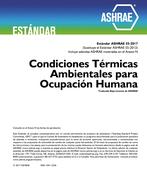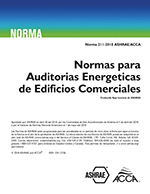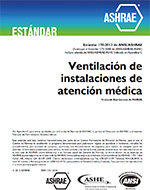Description
Track: Tall Buildings
Sponsor: 1.5 Computer Applications, 9.12 Tall Buildings, 4.7 Energy Calculations
Chair: Joshua New, Ph.D., Member, Oak Ridge National Lab, Oak Ridge, TN
Development of urban-scale building energy models is becoming increasingly tractable for many applications including city-wide energy supply/demand strategies, urban development planning, electrical grid stability and urban resilience. This seminar has assembled several researchers with capabilities in the field of urban-scale energy models to discuss an overview of the field as well as the data, algorithms, workflow and practical challenges addressed in their applications involving creation of useful models of individual and tall buildings at the scale of a city, urban or metropolitan area.
1. Micro Environment in City of Chicago and Impacts to UBEM
Luke Leung, P.E., Member, Skidmore, Owings, & Merrill LPP, Chicago, IL
Urban environment has city canyons and tall buildings that create microclimates. Current weather files are typically 10 meters above grade, at the airport and do not address tall buildings very well. Some suggested using weather files nearby with a regular temperature lapse rate is good enough. This discussion focuses on actual environmental data (climatic and contaminants) measured in Chicago and the effort of Argonne National Lab through the “Array of Things” to collect city data (includingclimatic factors, contaminants, cloud coverage), and how that can impact natural ventilation, energy modeling, wellness of occupants and energy consumption.
2. Sources of Errors in the Physical and Computational Modeling of Wind in the Urban Realm
Duncan Phillips, Ph.D., P.E., Associate Member, RWDI, Guelph, ON, Canada
CFD vs. Wind Tunnel: there are many sides to the debate about which is better for modeling airflow around buildings and developments. In some cities, there are examples of problematic wind conditions around the base of buildings where CFD and windtunnel testing were done during design: but problems still exist. In 2016, the City of London (UK) commissioned a study to evaluate how wind tunnel and CFD can result in incorrect answers. This seminar summarizes this work providing answers to how both techniques can contribute to a solution, but also identify how they can fail.
Presented: Monday, January 22, 2018, 9:45-10:45 AM
Run Time: 60 min.
This is a zip file that consists of PowerPoint slides synchronized with the audio-recording of the speaker (recorded presentation), PDF files of the slides, and audio only (mp3) for each presentation.
Citation: ASHRAE Seminar Recordings, 2018 Winter Conference, Chicago, IL
Product Details
- Published:
- 2018
- Units of Measure:
- Dual
- File Size:
- 1 file , 93 MB
- Product Code(s):
- D-CH18Sem27




